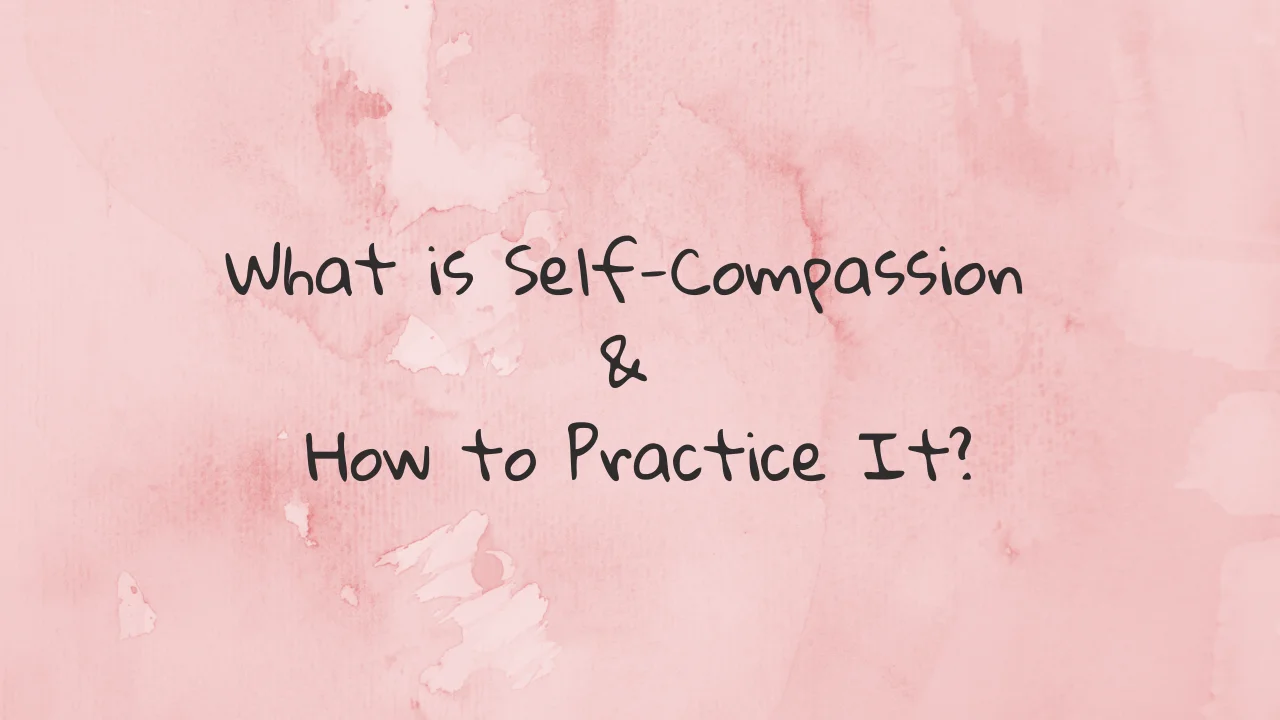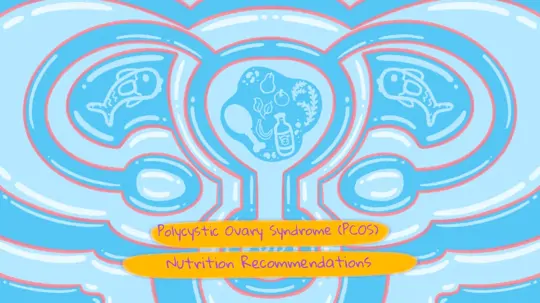
Start feeling better today!
Connect with your therapist today and take control of your life like our 850.000 happy clients.
Get StartedWhat is Self-Compassion?
Self-compassion is defined as the ability to provide ourselves with the compassion, understanding, kindness, and support we need during difficult times. Although having relatives and a social support network who provide these for us is important, it is our own inner voice that is with us until the end of our lives, and most importantly, it is the relationship we establish with ourselves.
As a result, being able to present kindness and support to ourselves allows us to improve our connection with ourselves, accessing our own emotions, and possibly improving. Self-compassion means taking action without judging, criticizing, or blaming ourselves; it means being aware of our feelings, accepting them, and allowing ourselves to feel those feelings while being compassionate towards ourselves. It may take some time to accept this difficult friendship with ourselves.
Components of Self-Compassion
Self-compassion has three components, according to Kristin Neff, one of the founders of the Self-Compassionate Awareness training. These components are self-kindness, common humanity, and mindfulness. Self kindness entails not saying harsh and cruel words to a suffering friend, but rather approaching them with love and kindness, and we should approach ourselves with the same awareness. When we face adversity, we often wonder, "Why me?" We may feel lonely and misled that other people are "normal" and happy, believing that we are the most suffering.
Common humanity comes to our rescue here. Common humanity entails accepting that all of life's experiences are shared by all of us and not viewing negativity as our own unique position. Instead of separating us from other people, it brings these experiences together on common ground, allowing us to see them as part of a larger picture and realize we are not alone. The final component, mindfulness, entails observing the emotions that our experiences elicit in us. Recognizing our emotions by focusing on the present is critical to approaching ourselves with self-compassion at times like these. Instead of becoming immersed in and identifying with our feelings and thoughts, mindfulness allows us to observe them as an outside observer.

What Isn't Self-Compassion?
Self-compassion is not the same as self-pity. If we approach ourselves with compassion, accepting the negatives we encounter and the emotions they elicit in us, we will ensure that the emotions are processed and that they do not overpower us by becoming heavy. Emotions, like all experiences, come and go, and in order for them to pass, they must first be noticed and touched upon by the person. Allowing ourselves to feel our emotions, asking ourselves what we need at the time, and supporting ourselves in the way we would want to be supported if we had a relative with us allows us to get back up and take action.
Self-compassion does not imply ignoring mistakes. However, we may believe that criticizing, blaming, or judging ourselves will help us improve, but this is not the case. When we make mistakes, instead of blaming ourselves, we should ask what we need to do better.
Self-compassion does not imply selfishness. With the belief that we are like all other people and that it is natural to make mistakes from time to time, we ensure that we do not overburden ourselves at such times. How much attention can we pay to our surroundings or how generous can we be in difficult times when we are criticizing ourselves? We have enough capacity to be kind to others if we treat ourselves with kindness. According to research, people who are self-compassionate are also more caring, accepting, and supportive of their spouses.
5 Tips to Improve Self-Compassion

Acknowledging that making mistakes is normal and human, and knowing that we are good and worthy of love even if we are not perfect will be beneficial to develop the habit of forgiving ourselves when we make mistakes.
Instead of worrying about our mistakes or what we lack, we can train our inner voice to be more kind and loving by thanking ourselves for what we do well or have. We can keep a gratitude journal in which we write down the things we are grateful for.
When we are not generous to ourselves, we may ignore our own needs. Acting in moderation by calculating the burdens we take on with our resources is a self-compassionate approach that will keep us from causing harm to our own well-being.
Attempting to better understand ourselves by focusing solely on the present moment with mindfulness techniques and practices will lead us to get touch with and accept our emotions rather than judging and labeling them.
We can write about our experiences and feelings in a compassion journal after having difficult experiences and emotions that we judge ourselves about during the day. As a result, we can become aware of our feelings, comprehend them, and act on them in the future.

Sources
“Self Compassion: The Proven Power of Being Kind to Yourself” Kristin Neff





